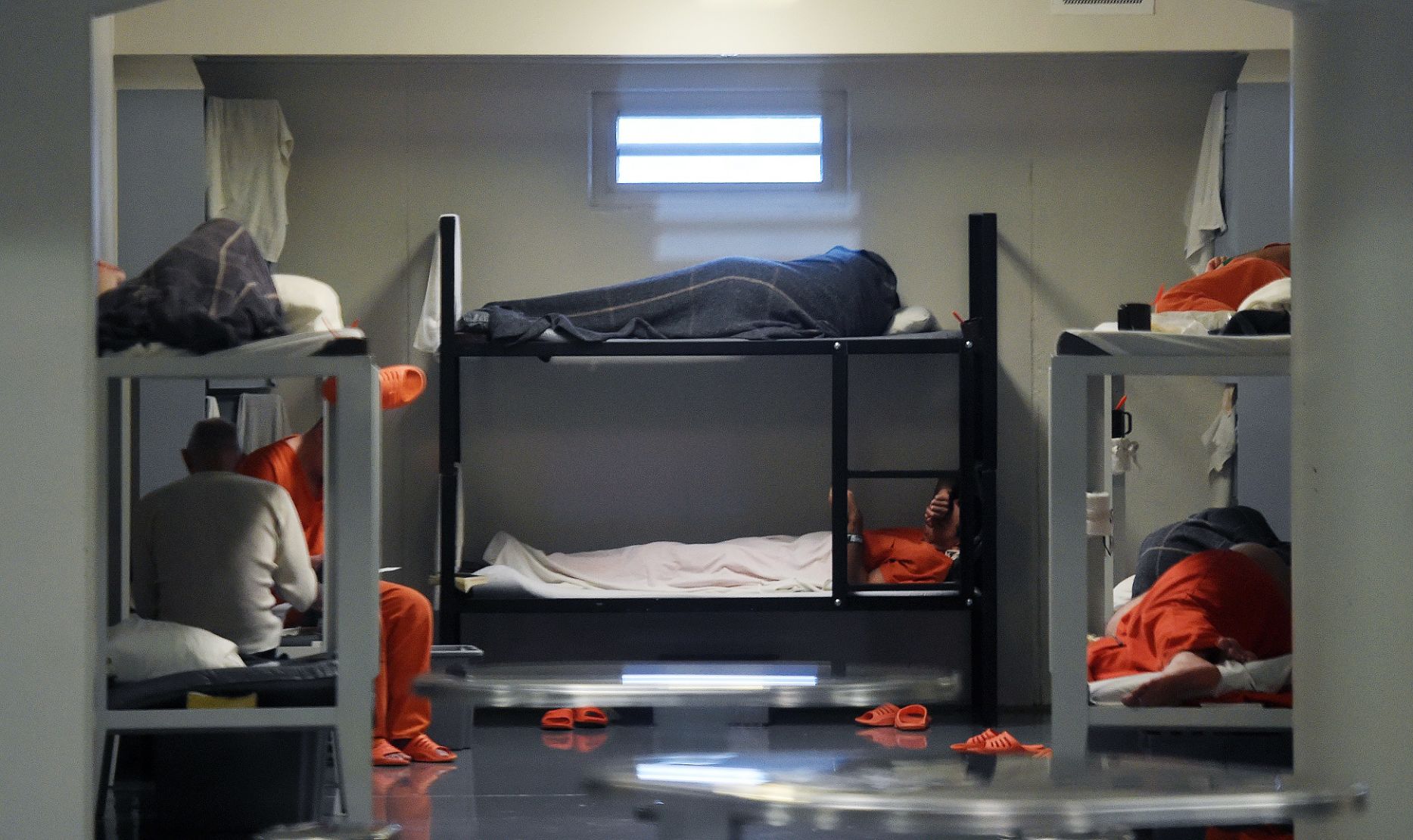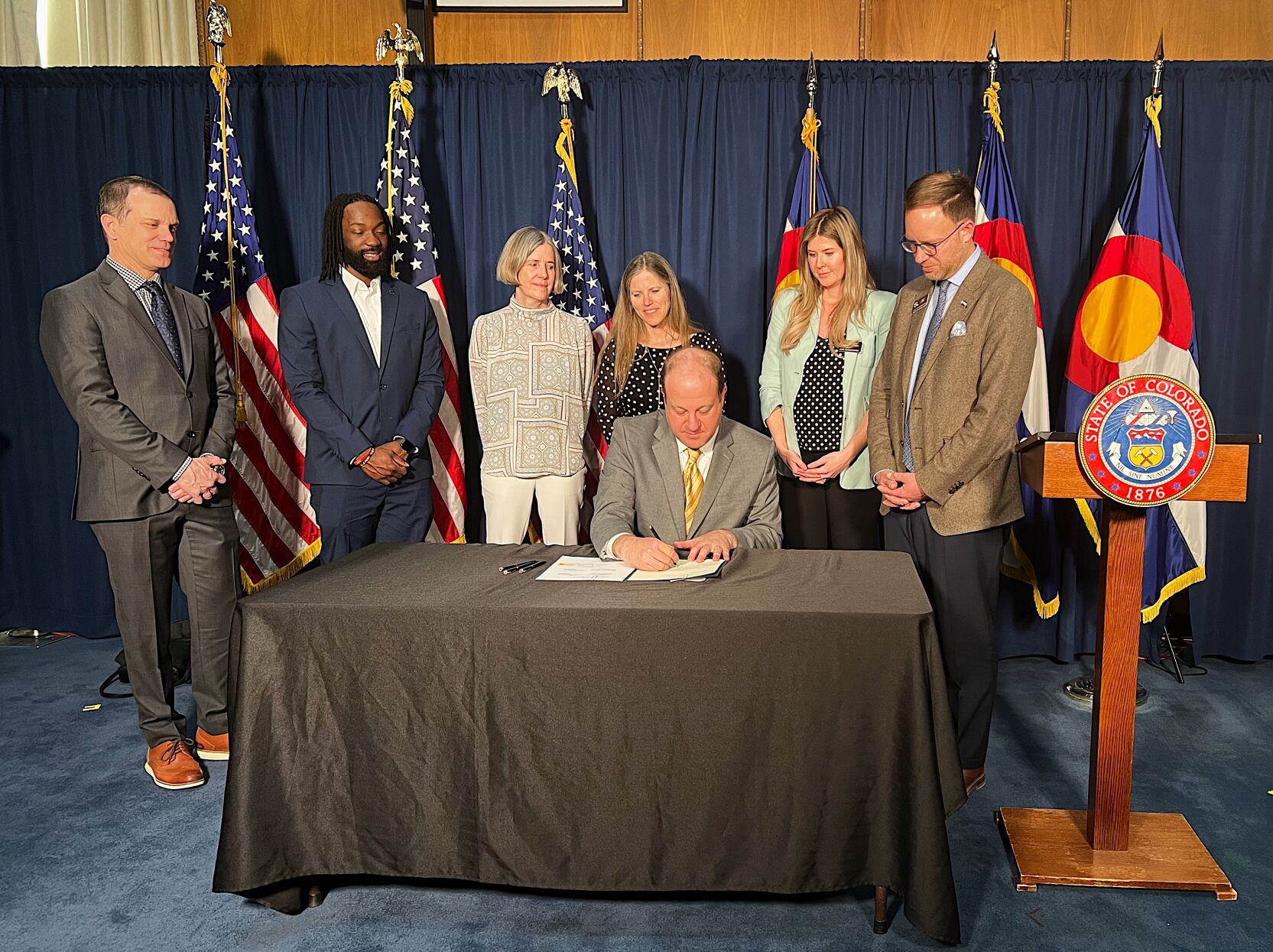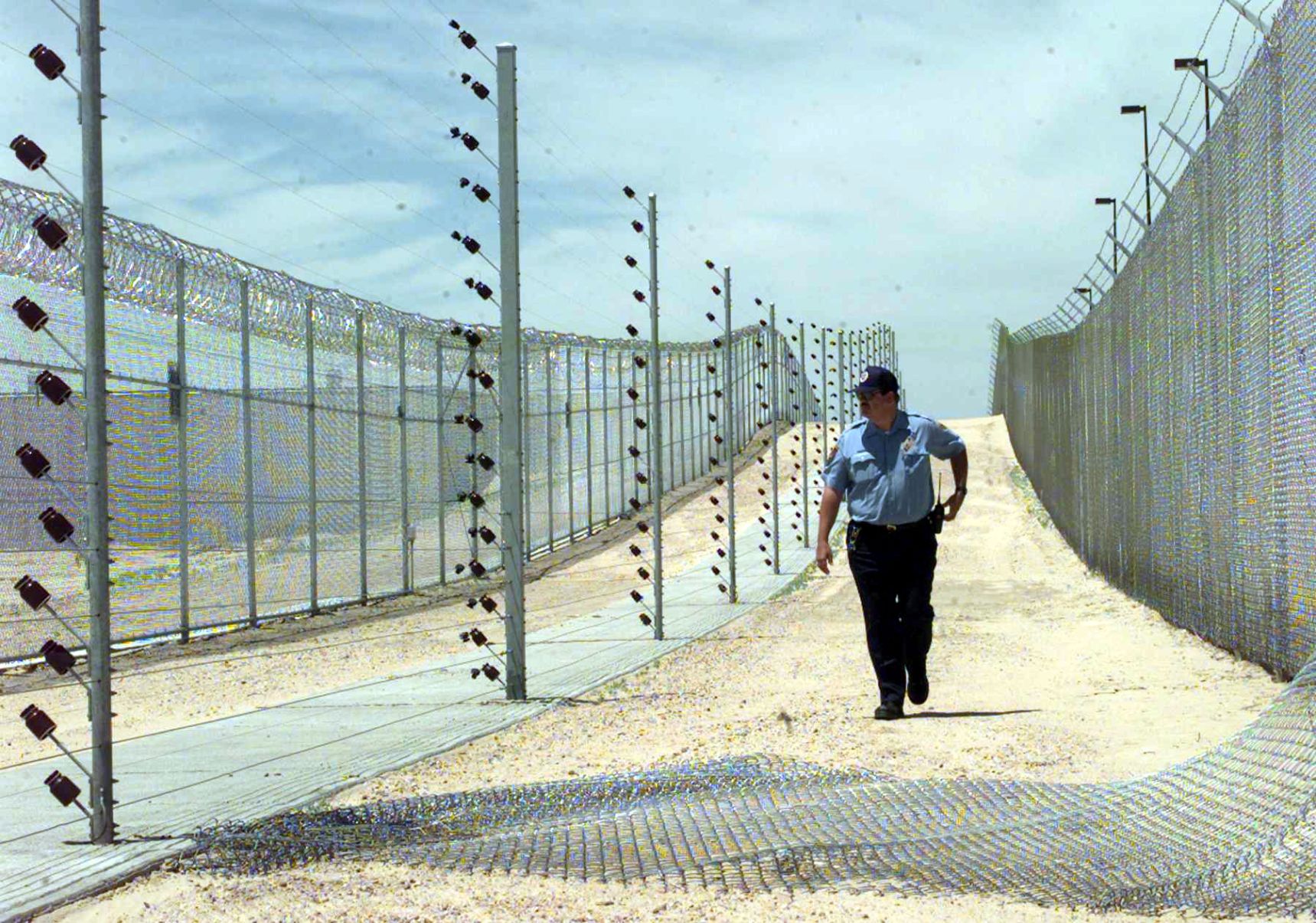post-conviction dna testing
-

Colorado expands access to DNA testing after criminal convictions
—
by
A new state law took effect on Sunday, increasing eligibility for people convicted of felonies to receive DNA testing. Before Sunday, only people who are actively incarcerated could receive DNA testing. Now, it’s open to people on felony parole, registered sex offenders, people who have completed their sentences, and people who were found not guilty…
-

Colorado expands access to DNA testing after criminal convictions
—
by
Colorado updated its post-conviction DNA testing law for the first time since it was established in 2003, with the signage of House Bill 1034 on Friday. Under the current law, only three people in Colorado have been exonerated of crimes for DNA-related reasons in the last two decades. Beginning on Oct. 1, 2023, the bill will increase eligibility for…
-

Colorado legislature unanimously OKs expanding post-conviction DNA testing
—
by
In the 20 years since Colorado’s post-conviction DNA testing law was established, only three people have been exonerated for DNA-related reasons. Colorado lawmakers want to change that with House Bill 1034, an effort to expand access to post-conviction DNA testing. The state legislature unanimously approved the bill on Wednesday with the Senate’s final vote. Now, the…
-

House unanimously approves expanding post-conviction DNA testing in Colorado
—
by
Robert “Rider” Dewey spent nearly 18 years in prison for a crime he didn’t commit. Dewey was sentenced to life in prison for the rape and murder of a 19-year-old Palisade woman in 1994. Dewey said he repeatedly requested DNA testing while in prison but was denied for years until connecting with the Innocence Project in…
-

Bills advance to prevent police lying to minors, expand DNA testing, limit prison restraints
—
by
The House Judiciary Committee advanced a series of bills Tuesday that seek to prevent police from lying to minors, expand post-conviction DNA testing and limit the use of restraints in prisons. If passed by the full state legislature, House Bill 1042 would make any statements obtained by juveniles during interrogations inadmissible in court if law…




